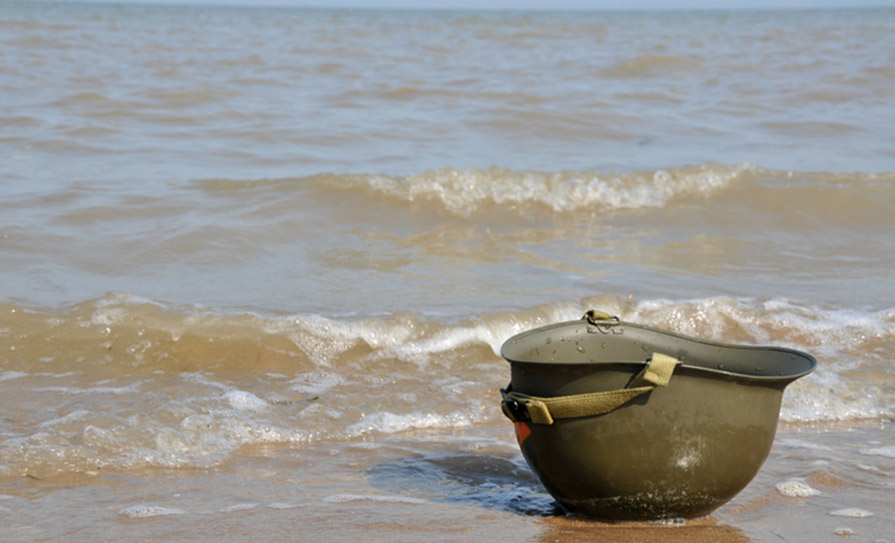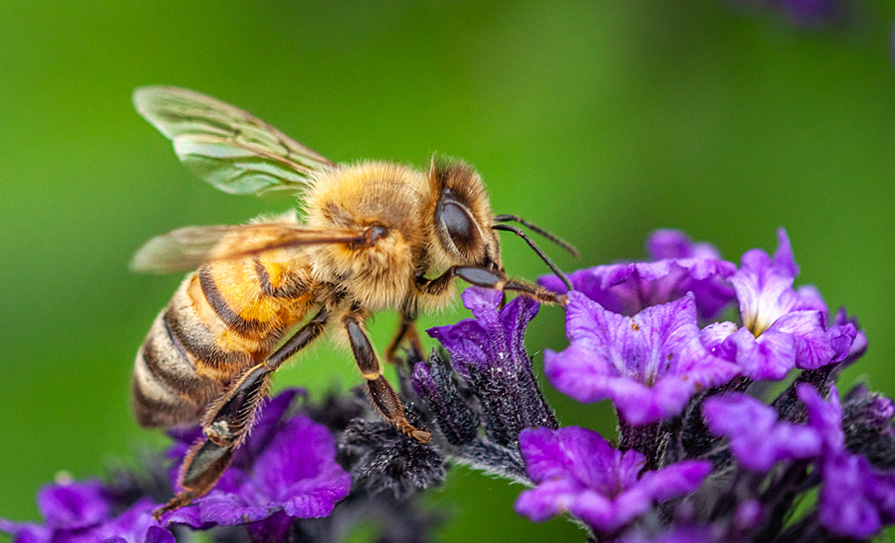Another year rolls by – which they seem to do with increasing alacrity – so it’s time to put the many serious matters on the back-burner and relax a little (if you have that luxury).
Lord knows there is plenty to gripe about, not least trying to do your best for patients in a dysfunctional and often inequitable health system. But all of that can wait. For now, let’s take some lesser known facts about Christmas and holiday traditions that will generate some conversation to fill any awkward silences at the Christmas dinner table.
- Mistletoe and fertility rites: The tradition of sneaking a kiss under the mistletoe actually began as a fertility rite. It’s estimated that the romantic connotations of the herb date back to the Celtic druids of the first century AD. Because the hardy mistletoe could bloom even during a freezing winter, it was even given to people and animals in an effort to enhance their fertility. Incidentally, the ancient Greeks used it as a cure for everything from spleen disorders to menstrual pains. Medical historians will note that the Roman naturalist Pliny the Elder promoted it as a balm against poisons, epilepsy, and even ulcers.
- Historically, the original St Nick was in fact a thin, pale figure. The portly guy in the red suit was developed mainly via advertising campaigns by Coca-Cola, beginning in the 1930s.
- It’s estimated that approximately 400,000 illnesses each year are caused by eating spoilt Christmas leftovers.
- Bing Crosby’s White Christmas is the biggest-selling single of all time. Meanwhile, Paul McCartney’s Wonderful Christmas Time nets the old Beatle approximately €400,000 each year in royalties, despite fans being in general agreement that it’s probably the worst song he has ever written.
- The song We Wish You A Merry Christmas was originally sung as a kind of half-serious threat. ‘Lower-class’ servants would sing the song in demand of some alcohol or (figgy pudding) from their masters of the Victorian era. ‘We won’t go until we get some’ therefore takes on a whole new meaning. As an aside, carolling was outlawed between 1647-1660 when the infamous Oliver Cromwell banned Christmas carols, as he dictated that Christmas Day should be a sombre occasion. You don’t need to tell the Irish what a barrel of laughs this guy was. Carolling only returned again during the Victorian era of the 19th Century.
- It took only six weeks for Charles Dickens to write A Christmas Carol.
- To fulfill the 12 Days of Christmas would cost you upwards of €1 million. Organising the 10 lords to leap simultaneously is implicated as a particularly severe expense.
- The word ‘Christmas’ is derived from Cristes mæsse, which translates as ‘Mass of Christ’.
- According to loose estimates from surveys, one-in-three men wait until Christmas Eve to do their festive shopping.
- You may have seen a couple of these cases, but November and December are considered two of the most dangerous months of the year because of holiday decorating injuries. Some 34 per cent of these are due to falls.
- Jingle Bells was the first tune to be played in space, by astronauts Walter Schirra Jr and Thomas P Stafford, in December 1965.
- Credit cards are used approximately 6,000 times every minute during the holiday period (and that’s just Visa).
All that being said, I hope it’s a fact that it will be a wonderful Christmas and New Year for all Dorsal View readers.













Leave a Reply
You must be logged in to post a comment.